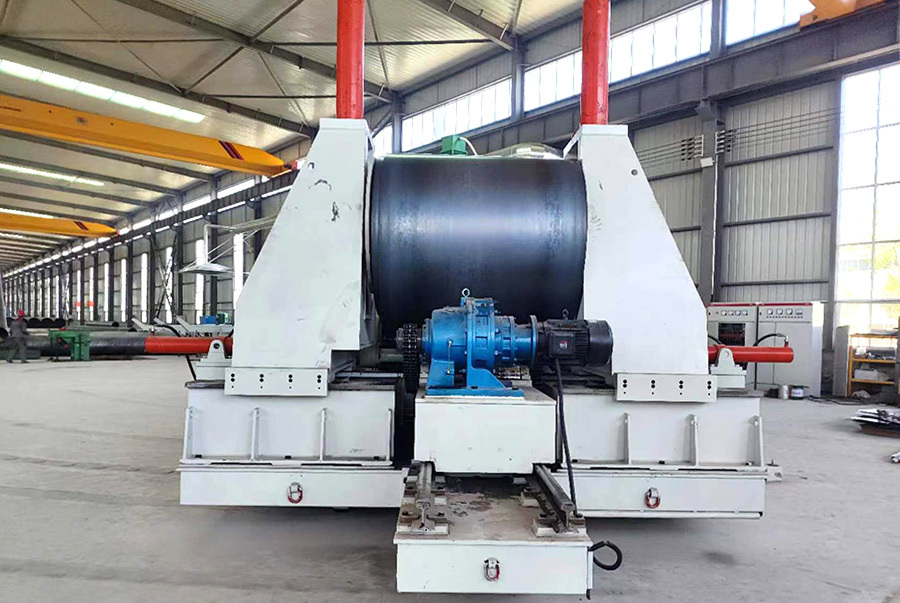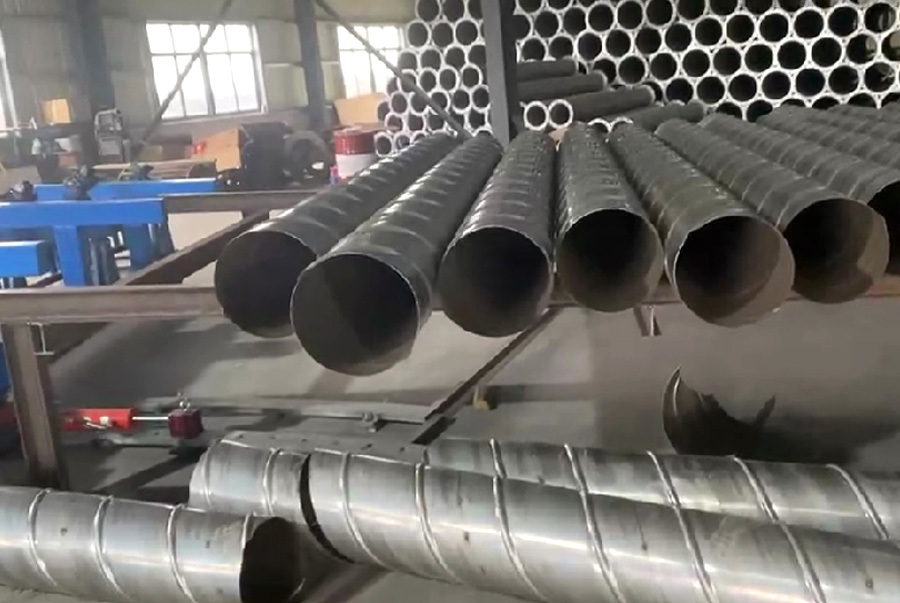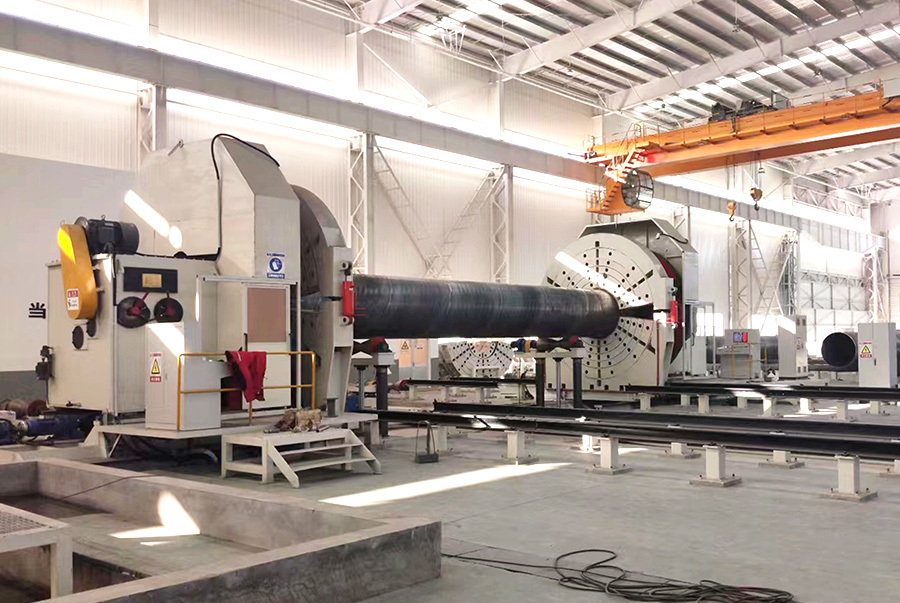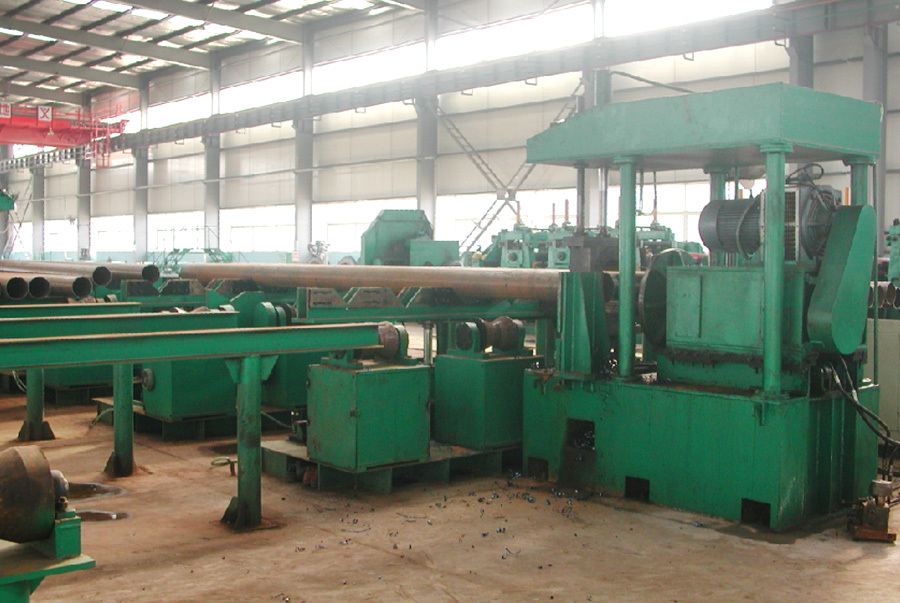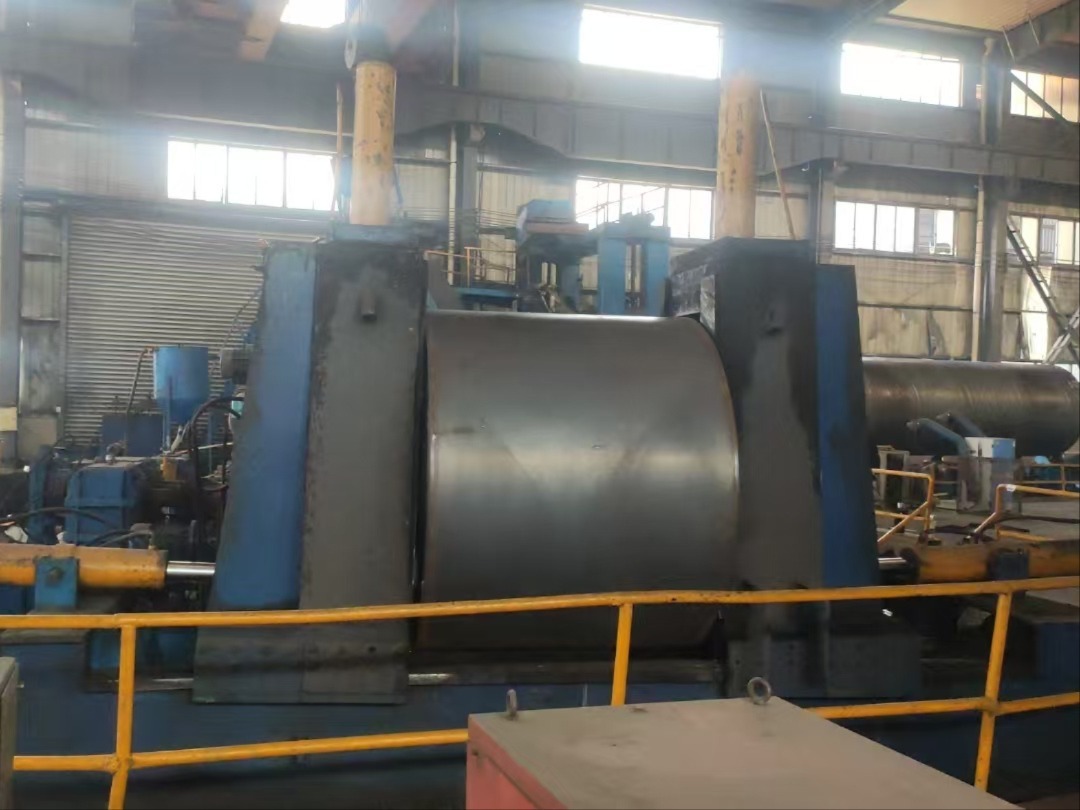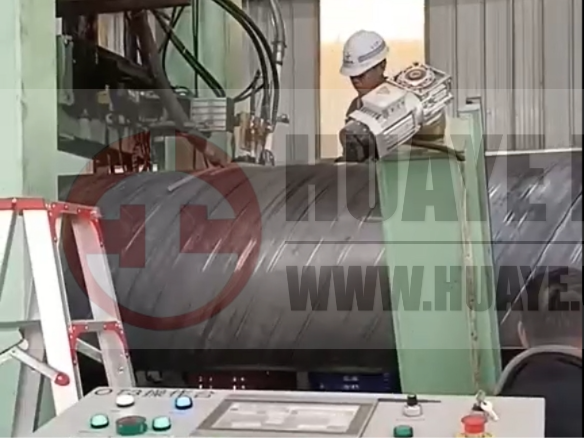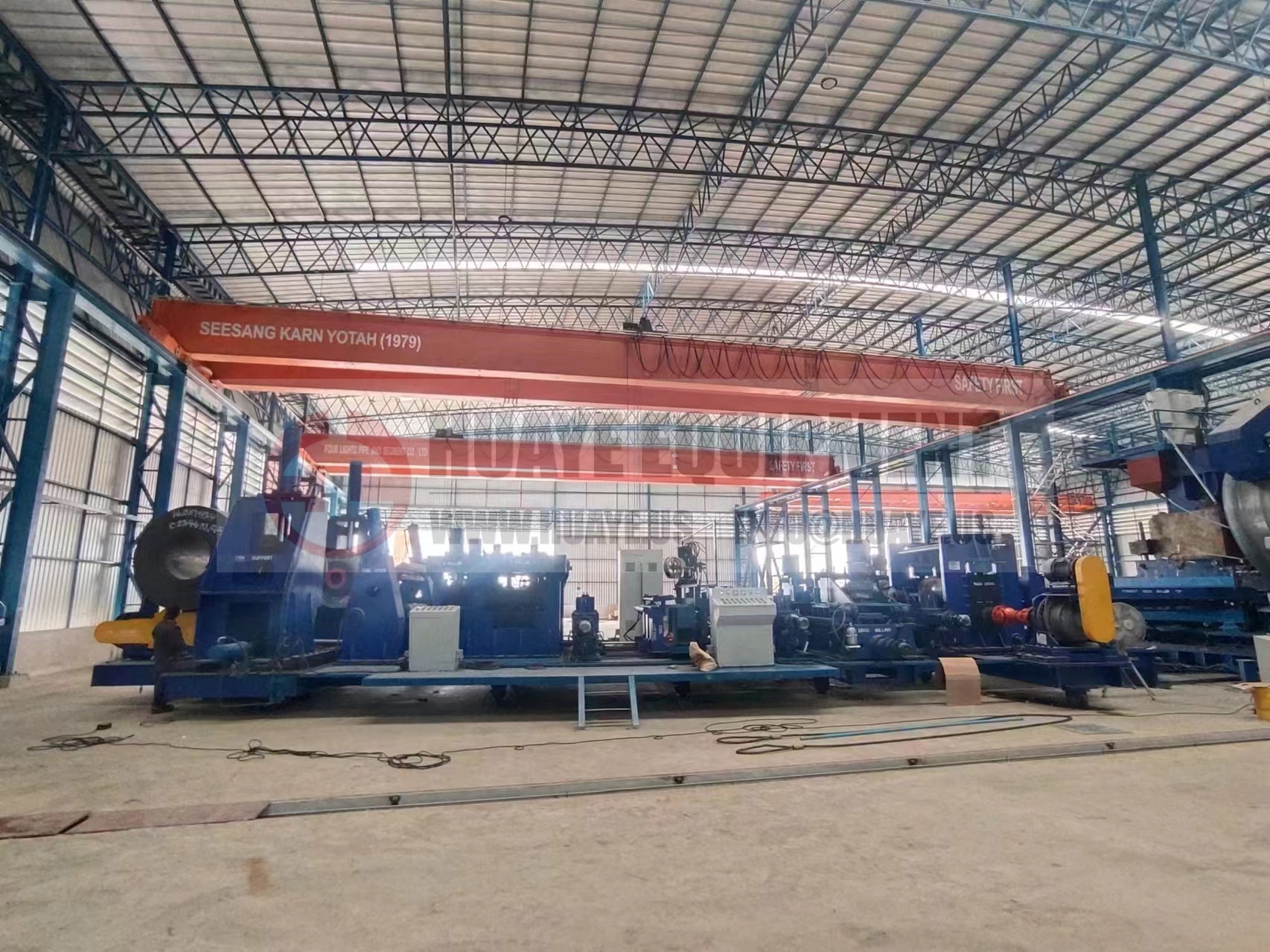Understanding the Material Choices for API Standard Spiral Welded Pipes: A Comprehensive Guide
25 Nov,2024
Understanding the Material Choices for API Standard Spiral Welded Pipes
Table of Contents
1. Introduction to API Standard Spiral Welded Pipes
2. Significance of Material Selection in Spiral Welded Pipes
3. Common Materials Used in API Standard Spiral Welded Pipes
3.1 Carbon Steel
3.2 Alloy Steel
3.3 Stainless Steel
3.4 Specialty
Understanding the Material Choices for API Standard Spiral Welded Pipes
Table of Contents
- 1. Introduction to API Standard Spiral Welded Pipes
- 2. Significance of Material Selection in Spiral Welded Pipes
- 3. Common Materials Used in API Standard Spiral Welded Pipes
- 4. Key Properties to Consider in Material Selection
- 5. Compliance with Industry Standards
- 6. Applications of API Standard Spiral Welded Pipes
- 7. Challenges in Material Selection
- 8. Future Trends in Material Choices for Spiral Welded Pipes
- 9. Frequently Asked Questions (FAQs)
- 10. Conclusion
1. Introduction to API Standard Spiral Welded Pipes
API standard spiral welded pipes are critical components in various industries, particularly in the oil and gas sector. These pipes are manufactured by spirally welding steel strips, ensuring a strong and durable construction. The choice of material significantly influences the performance, lifespan, and safety of these pipes. Therefore, understanding the material options available is essential for optimizing the functionality and compliance of API standard spiral welded pipes.
2. Significance of Material Selection in Spiral Welded Pipes
The material selection for API standard spiral welded pipes directly impacts their mechanical properties, resistance to environmental factors, and overall integrity. Choosing the right material can enhance performance, minimize maintenance costs, and ensure compliance with safety regulations. In high-stress environments, the consequences of subpar material can lead to catastrophic failures, making informed choices imperative.
3. Common Materials Used in API Standard Spiral Welded Pipes
Various materials are utilized in the production of API standard spiral welded pipes, each offering unique benefits and considerations. Understanding these materials is crucial for selecting the most suitable option for specific applications.
3.1 Carbon Steel
Carbon steel is one of the most prevalent materials for API standard spiral welded pipes due to its excellent strength-to-weight ratio and affordability. It is primarily composed of iron and carbon, making it highly versatile for various applications. However, it requires protective coatings to enhance its corrosion resistance.
3.2 Alloy Steel
Alloy steel pipes incorporate additional elements, such as chromium, nickel, and molybdenum, which enhance their mechanical properties. This type of steel is known for its hardness, strength, and ability to withstand elevated temperatures. Alloy steel is ideal for applications requiring high durability and resistance to wear and tear.
3.3 Stainless Steel
Stainless steel pipes are favored for their exceptional corrosion resistance, making them suitable for harsh environments. The addition of chromium provides a protective layer that prevents rust and corrosion. While more expensive than carbon steel, stainless steel pipes offer long-term savings due to reduced maintenance and replacement costs.
3.4 Specialty Materials
For specific applications, specialty materials such as duplex stainless steel and high-performance alloys may be utilized. These materials provide enhanced performance in extreme conditions, including high temperatures and corrosive environments. Their selection should be based on the specific requirements of the application.
4. Key Properties to Consider in Material Selection
When selecting materials for API standard spiral welded pipes, several key properties must be evaluated to ensure optimal performance.
4.1 Strength and Durability
Strength is a paramount consideration in the design of spiral welded pipes. Materials must be able to withstand internal and external pressures without deformation. The yield strength and tensile strength of the chosen material dictate its ability to perform under stress.
4.2 Corrosion Resistance
Corrosion can significantly undermine the integrity of pipes, leading to leaks and failures. Materials with high corrosion resistance, such as stainless steel, are essential in environments exposed to moisture and aggressive chemicals, ensuring longevity and reliability.
4.3 Weldability
The ease of welding the chosen material is critical for the manufacturing process. Materials with good weldability facilitate the production of high-quality spiral welds, reducing the risk of defects and ensuring the structural integrity of the pipes.
5. Compliance with Industry Standards
API standards provide guidelines for the manufacturing and testing of spiral welded pipes, ensuring safety and performance. Compliance with these standards is non-negotiable for manufacturers aiming to produce reliable and durable products. Material selection must align with API specifications to maintain industry credibility and meet regulatory requirements.
6. Applications of API Standard Spiral Welded Pipes
API standard spiral welded pipes are used in various applications, including:
- Oil and gas transportation
- Water supply systems
- Structural applications in construction
- Chemical processing industries
Each application imposes specific demands on the materials used, necessitating careful consideration of factors such as temperature, pressure, and environmental conditions.
7. Challenges in Material Selection
While selecting materials for API standard spiral welded pipes, several challenges may arise:
- **Cost Considerations**: Balancing performance with budget constraints can be difficult. Higher-quality materials often come at a premium price, requiring careful evaluation of long-term benefits versus upfront costs.
- **Availability**: Not all materials may be readily available, leading to delays in production timelines and project completions.
- **Compatibility with Other Systems**: Ensuring that selected materials are compatible with existing systems and infrastructure is crucial to prevent unforeseen issues during installation or operation.
8. Future Trends in Material Choices for Spiral Welded Pipes
The industry is evolving towards more advanced materials that offer superior performance and sustainability. Future trends include:
- **Increased Use of Composite Materials**: These materials provide excellent corrosion resistance and strength while being lightweight.
- **Greener Manufacturing Processes**: There is a growing emphasis on eco-friendly manufacturing practices, which may influence material selection in the future.
- **Smart Materials**: The incorporation of smart technologies in materials that can monitor their health and performance will revolutionize the industry.
9. Frequently Asked Questions (FAQs)
What are API standard spiral welded pipes used for?
API standard spiral welded pipes are primarily used in the transportation of oil, gas, and water. They are also utilized in structural applications and chemical processing.
What materials are commonly used in the manufacturing of spiral welded pipes?
Common materials include carbon steel, alloy steel, stainless steel, and specialty materials for specific applications.
Why is corrosion resistance important in material selection?
Corrosion resistance is vital to prevent leaks and failures, ensuring the longevity and reliability of the pipes in harsh environments.
How do I choose the right material for my application?
Consider factors such as the operating environment, pressure and temperature conditions, cost, and compliance with industry standards when selecting materials.
What are the industry standards for spiral welded pipes?
API standards govern the manufacturing and testing of spiral welded pipes, ensuring they meet safety and performance criteria.
10. Conclusion
In conclusion, the material choices for API standard spiral welded pipes play a pivotal role in determining their performance, durability, and safety. By understanding the various material options available, their properties, and the significance of compliance with industry standards, manufacturers and engineers can make informed decisions that lead to successful applications in diverse industries. Staying abreast of emerging trends and addressing challenges in material selection will further enhance the effectiveness and longevity of spiral welded pipes in the marketplace.
Key words:
All
- All
- Product Management
- News
- Introduction
- Enterprise outlets
- FAQ
- Enterprise Video
- Enterprise Atlas
Related News
Essential Insights into Pipe Prepping Machines: A Comprehensive Guide
In the manufacturing and processing machinery sector, particularly in the realm of electric tools, the pipe prepping machine stands out as a crucial tool for ensuring high-quality pipe preparation. These machines are designed to prepare pipe edges for welding and other applications, making them a vital component in various industrial processes. Understanding the functionality and advantages of pip
2025-12-08
How to Ensure Your Pipe Welding Equipment Meets Industry Standards
How to Ensure Your Pipe Welding Equipment Meets Industry Standards
Table of Contents
Understanding Industry Standards for Pipe Welding Equipment
Importance of Compliance with Industry Standards
Key Components of Pipe Welding Equipment
Regulatory Bodies and Standards Governing Pipe Welding
Regular Maintenance and Inspection of Welding Equipment
Training and Certification fo
2025-12-03
Essential Guide to Pipe Welding Equipment for Efficient Manufacturing
Pipe welding equipment plays a crucial role in various manufacturing processes, particularly in industries that involve metal fabrication and assembly. Whether you're working with steel, aluminum, or other metals, understanding the different types of equipment and their functionalities can enhance efficiency and quality.
One of the primary components of pipe welding equipment is the welding machin
2025-11-28







